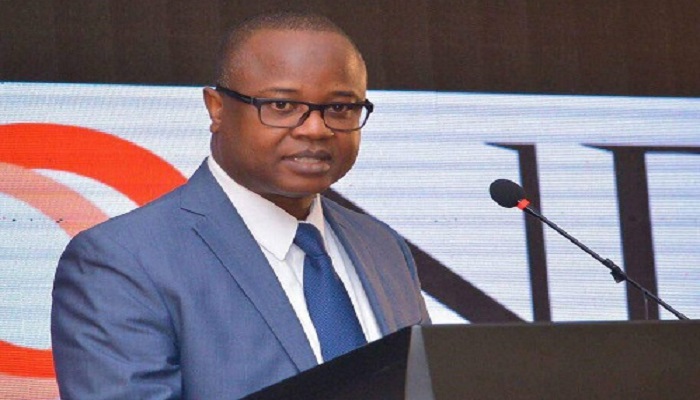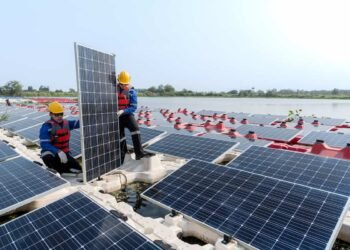Dr. Maxwell Opoku-Afari, First Deputy Governor of the Bank of Ghana has advised the government to maintain the COVID-policy responses to sustain the on-going V-shaped recovery. According to him, COVID-policy responses have helped moderate what could possibly have been a worst outcome for the Ghanaian economy.
Moreover, he stated that the implementation of these policies has spurred some recovery of the economy already. This, according to him, reflects the improvement in BOG’s high frequency economic indicators for the first quarter of 2021.
In his Keynote Speech at the Ghana 5th CEO Summit, Dr. Opoku-Afari highlighted the improvement in some of the key macroeconomic indicators. He indicated that inflation has eased and declined back to single digits in April 2021. Also, business and consumer confidence has bounced back, and the exchange rate remains relatively stable. Moreover, the First Deputy Governor disclosed that the Bank’s high frequency indicators have rebounded to near pre-pandemic levels.
Additionally, Dr. Opoku-Afari noted that the banking sector remains strong with the support of the macro prudential measures. As such, he stated that the sector continues to play its intermediary role to boost growth efforts, post-COVID.
Resetting the Economy
Furthermore, he indicated that to “building back better”, a flattened COVID-curve is a necessary condition. He explained that this was the priority of every government who wanted to reset its economy prior to massive rollout of policies and strategies. The reason, according to him, “being that subsequent COVID flare-ups could potentially slow the recovery process”.
Meanwhile, Dr. Opoku-Afari indicated that, going forward, the strategies should include innovative and actionable macroeconomic policies. This he believes, will help “unwind the COVID-related fiscal excesses and lower the public debt to sustainable levels”.
As such, the First Deputy Governor still maintains that government needs to sustain the flattened COVID-curve. By this, he stated that there is the need to prioritize the health sector policies and other supportive measures. He indicated that the government should continue testing, tracing and treatment, alongside mass vaccinations rollouts. This, he considers, will help “achieve some form of herd immunity”.
“The flattened curve would keep the economy open for business, provide some certainty to the economic outlook, and prevent diversion of resources to any resurgence of the pandemic”.
Prudent fiscal policies
Besides, Dr. Opoku-Afari pointed out that the government needs prudent fiscal policies in addition to trying to contain the spread of the virus. However, the good news is that, he is of the view that “the 2021 Budget has already reset fiscal policy on a consolidation path”. He pointed out that the government expects the deficit to decline to 9.5 percent of GDP. According to him, the government expects the deficit to decline further to 5% by 2024. This target, he said, “would ensure medium-term debt sustainability”.
Furthermore, Dr. Opoku-Afari is optimistic that the ongoing tax reforms will boost domestic revenue mobilization to ease pressure on government borrowing.
“The ongoing national digitization programme would be supportive. Already, the Ghana Card and TIN numbers are merged, broadening the tax base. Over time, this is expected to result in some revenue gains for the government”.
Also, he noted that Complementary monetary policy and macro-prudential measures are critical in rebuilding the economy. He also cited investments in the public health infrastructure and Digitization to improve the business environment as key. COVID-policy COVID-policy COVID-policy
READ ALSO: Health risks of long working hours



















